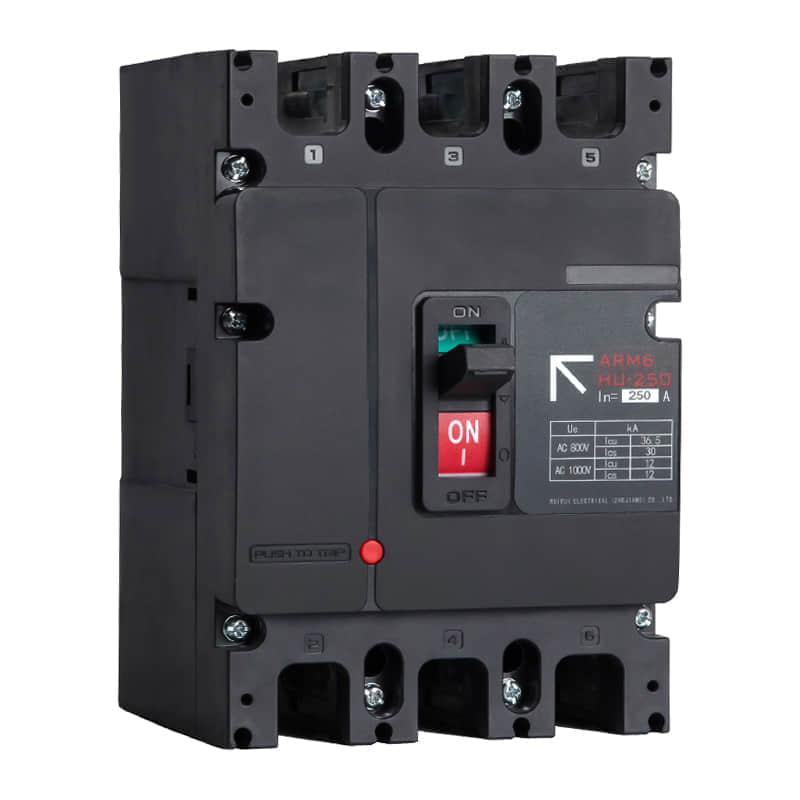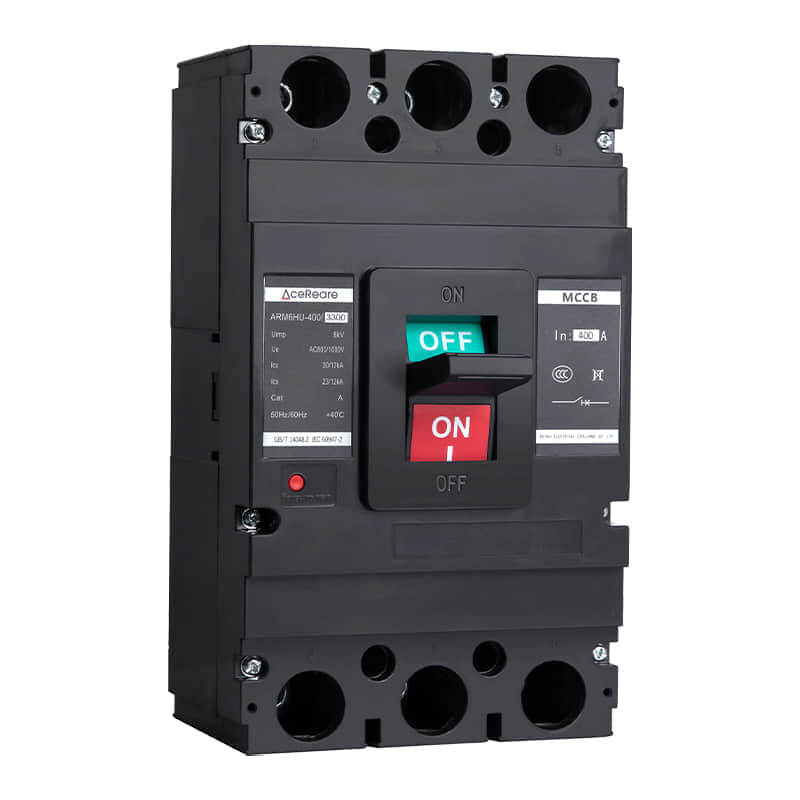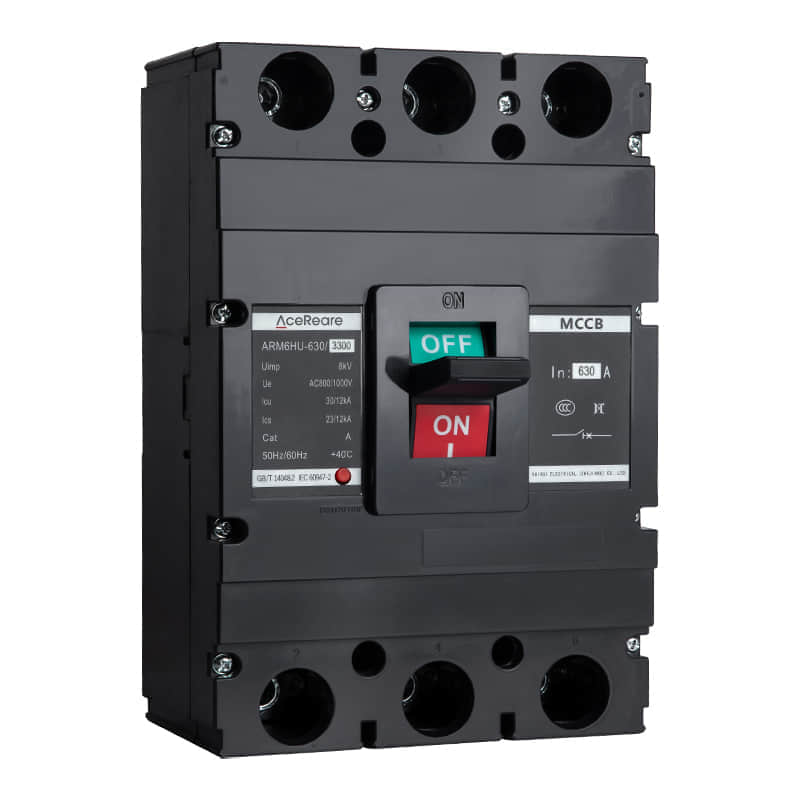Molded case switches, often referred to as MCCBs (Molded Case Circuit Breakers), play an essential role in electrical systems by providing protection, control, and convenience. These devices are integral components of various applications, ranging from residential buildings to industrial complexes, ensuring the safety and reliable operation of electrical circuits. In this article, we delve into the versatility and functionality of molded case switches and their significance in modern electrical engineering.

Introduction

Molded case switches are circuit protection devices designed to safeguard electrical circuits and equipment from overcurrent, short circuits, and other electrical faults. They are named after their distinctive molded plastic or insulating material cases that house the switching mechanism and protection components. This design not only enhances safety by preventing accidental contact with live parts but also allows for compact and efficient integration into different electrical systems. Key Features and Components Molded case switches consist of several essential components that collectively enable their effective operation: Frame:The outer shell of the MCCB, often made of molded plastic, provides protection against environmental factors and physical damage. Operating Mechanism:This mechanism allows users to manually open and close the switch. Some models also feature motorized or remote-operated mechanisms for added convenience. Contacts:MCCBs have contacts that close to establish electrical connections and open to interrupt the current flow. These contacts are designed to handle the electrical load safely and efficiently. Tripping Mechanism:Molded case switches are equipped with tripping mechanisms that respond to overcurrent conditions. These mechanisms include thermal and magnetic elements that activate the switch to open when an abnormal current level is detected. Adjustable Settings:Many MCCBs offer adjustable settings for trip currents and time delays, allowing for customization based on the specific requirements of the electrical system. Versatility in Applications One of the primary advantages of molded case switches is their versatility in various applications: Residential Buildings:In homes and apartments, molded case switches protect wiring systems from potential hazards caused by faulty appliances or wiring issues. They provide a convenient way to disconnect power during maintenance or emergencies. Commercial Complexes:In commercial settings, MCCBs serve as vital components of distribution panels, offering efficient protection for lighting, HVAC systems, and office equipment. Industrial Facilities:Industrial applications demand robust circuit protection due to higher power loads. Molded case switches are utilized to safeguard heavy machinery, motors, and production lines. Renewable Energy Systems:As renewable energy sources gain prominence, molded case switches are employed in solar and wind power installations to protect inverters, batteries, and other critical components. Functionality and Safety Molded case switches are designed to ensure both functionality and safety in electrical systems: Overcurrent Protection:MCCBs respond swiftly to overcurrent conditions, preventing excessive heat buildup and potential fires. They interrupt the current flow to protect the circuit and connected devices. Short Circuit Protection:In the event of a short circuit, MCCBs detect the sudden surge in current and trip instantaneously, isolating the faulty section and preventing further damage. Convenience:The manual or remote-operated switching mechanism offers users the convenience of controlling power distribution without the need to access the main power source. Selective Coordination:Molded case switches can be coordinated with other protective devices in a system to ensure that only the faulty section is isolated while allowing the rest of the system to continue functioning. Conclusion Molded case switches are integral components of modern electrical systems, providing versatile and reliable protection against electrical faults. Their ability to adapt to various applications, coupled with advanced features and safety mechanisms, makes them indispensable in residential, commercial, and industrial settings. As technology continues to evolve, so too will the capabilities of molded case switches, further enhancing the safety and efficiency of electrical infrastructure.
